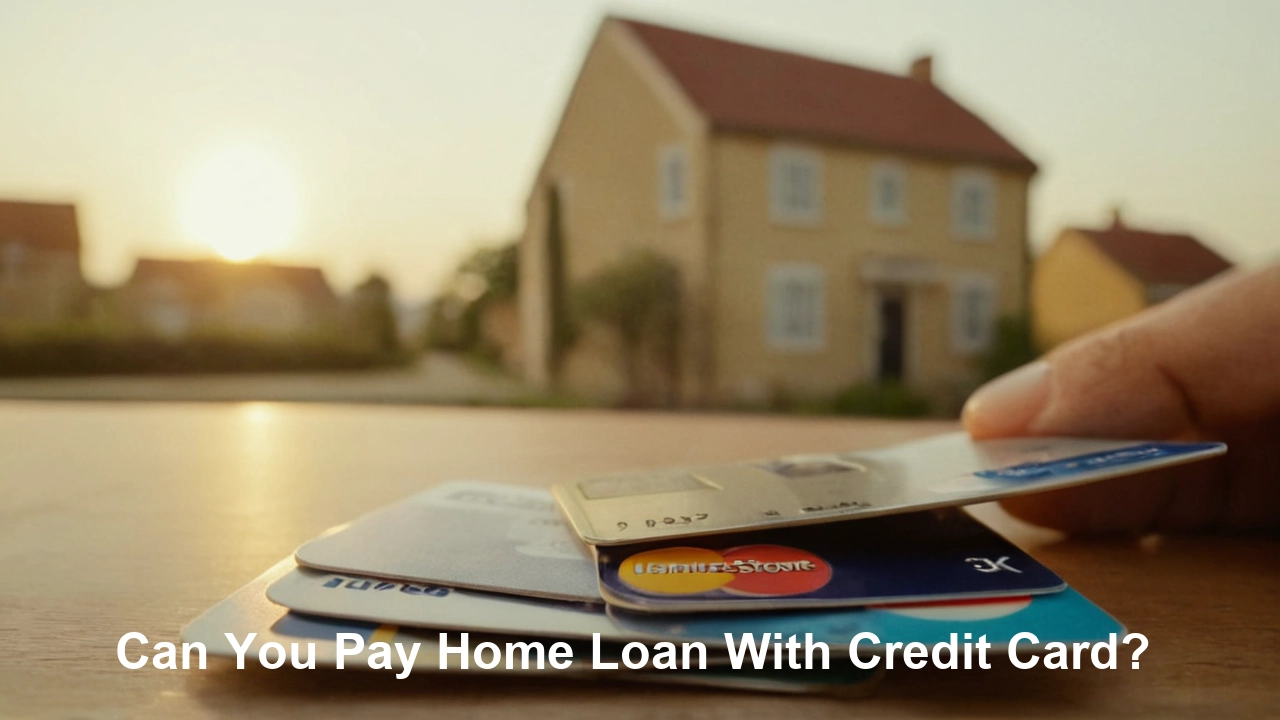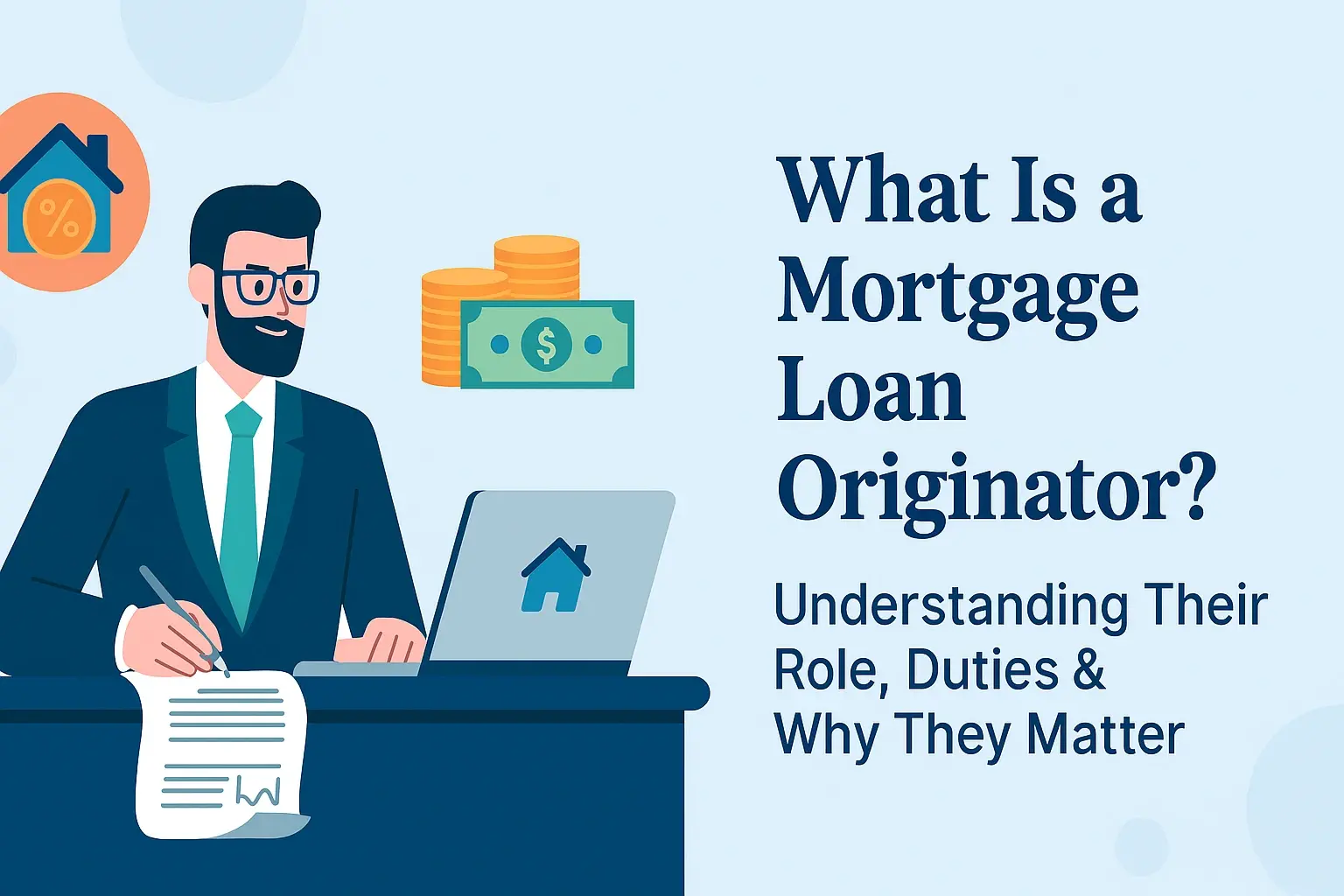-
Posted on: 23 Aug 2024

-
The dream of owning a home is a significant milestone for many. Managing the associated financial commitments, particularly the home loan or mortgage, is crucial. A common question that arises is: "Can I pay my home loan with a credit card?" The answer, unfortunately, isn't a straightforward "yes" or "no." It's a complex issue involving transaction fees, lender policies, and potential financial implications. This comprehensive guide delves into the intricacies of using a credit card to pay your mortgage, exploring the pros, cons, and alternative strategies.
Understanding the Basics
Before exploring the possibilities, it's essential to understand the fundamental concepts involved:
- Home Loan/Mortgage: A loan secured by real estate property, typically used to purchase a home. Repayments usually consist of principal and interest, spread over a fixed term.
- Credit Card: A revolving credit facility offering a line of credit for purchases, subject to repayment terms and interest charges.
The Short Answer: It's Complicated
While directly paying your mortgage lender with a credit card is rarely possible, there are indirect methods that might allow you to utilize your credit card for this purpose. Most mortgage lenders do not accept direct credit card payments due to the high transaction fees associated with processing credit card transactions. These fees, typically ranging from 1.5% to 5% of the transaction amount, would significantly impact their profit margins.
Indirect Methods of Paying Your Mortgage with a Credit Card
Even though direct payment is unlikely, there are indirect methods you can explore, each with its own set of considerations:
1. Using a Third-Party Payment Service
Some third-party payment services act as intermediaries, allowing you to pay bills, including mortgages, with a credit card. These services typically charge a fee for processing the transaction. The fees can vary, so it's important to compare different services and their respective charges.
Pros:
- Potential to earn credit card rewards (cash back, points, miles).
- Convenience of paying online.
Cons:
- Transaction fees that can offset the value of any rewards earned.
- Risk of the payment service not being reliable or secure.
2. Cash Advance
While technically an option, taking a cash advance from your credit card to pay your mortgage is generally strongly discouraged. Cash advances typically come with high interest rates and fees, making it a very expensive way to manage your mortgage payments.
Pros:
- Provides immediate access to funds.
Cons:
- Extremely high interest rates, often higher than purchase APRs.
- Cash advance fees.
- Interest accrues immediately, with no grace period.
- Significantly damages your credit score if you can't pay it back promptly.
3. Balance Transfer
A balance transfer involves transferring a balance from one credit card to another, often with a lower introductory APR. In this context, you could potentially use a balance transfer offer to consolidate your mortgage debt onto a credit card with a lower interest rate, at least temporarily.
Pros:
- Potential to save on interest charges during the introductory period.
- Simplified debt management by consolidating debts.
Cons:
- Balance transfer fees, typically 3-5% of the transferred amount.
- Introductory APRs are temporary; interest rates can jump significantly after the promotional period ends.
- May require a good to excellent credit score to qualify for attractive balance transfer offers.
- Your credit limit on the balance transfer card must be high enough to accommodate the mortgage payment (even a partial one). This is often unrealistic.
4. Using a Credit Card to Pay Other Expenses and Redirecting Funds
This approach doesn't directly involve paying the mortgage with a credit card, but rather using your credit card for other expenses to free up cash that can then be used to pay your mortgage. For example, you could use your credit card for groceries, utilities, and other everyday expenses, and then use the cash you would have spent on those items to make your mortgage payment.
Pros:
- Opportunity to earn credit card rewards on everyday purchases.
- Improved cash flow management.
Cons:
- Requires disciplined spending habits to avoid overspending.
- Potential to accumulate debt if you're not careful.
Important Considerations and Potential Risks
Before attempting to pay your mortgage with a credit card, carefully consider the following:
1. Transaction Fees
As mentioned earlier, transaction fees are a significant drawback. These fees can quickly erode any potential benefits from credit card rewards. Calculate the fees carefully and compare them to the value of the rewards you might earn.
2. Interest Rates
Credit card interest rates are typically much higher than mortgage interest rates. Carrying a balance on your credit card can lead to substantial interest charges, making it a costly way to manage your mortgage.
3. Credit Utilization
Using a significant portion of your credit limit can negatively impact your credit score. High credit utilization signals to lenders that you may be overextended, increasing your risk profile.
4. Debt Accumulation
Using a credit card to pay your mortgage can easily lead to a cycle of debt. If you're unable to pay off your credit card balance in full each month, you'll accrue interest charges, making it harder to get out of debt.
5. Lender Policies
Always check with your mortgage lender to understand their policies on accepting payments from third-party services or other indirect methods. Some lenders may have restrictions or prohibitions on certain payment methods.
When It Might Make Sense (And When It Definitely Doesn't)
Paying your mortgage with a credit card is rarely the optimal financial strategy. However, there are very specific circumstances where it *might* be justifiable, but only with careful planning and execution:
- Meeting a Spending Threshold for a New Credit Card Bonus: If you're close to meeting a spending threshold to earn a valuable sign-up bonus, using a third-party payment service (and paying the fee) *might* be worthwhile if the bonus significantly outweighs the cost. This should only be considered if you can immediately pay off the resulting credit card balance.
- Earning Significant Rewards on a Large Purchase: Similarly, if a single mortgage payment allows you to reach a higher tier of rewards with your credit card and the benefits outweigh the transaction fees, it might be justifiable. Again, only if you can immediately pay off the balance.
In almost all other circumstances, using a credit card to pay your mortgage is a bad idea. These situations definitely warrant avoiding using a credit card for mortgage payments:
- You cannot afford to pay off the credit card balance immediately and in full.
- The transaction fees outweigh the rewards you'll earn.
- You're already struggling with credit card debt.
- You're using a cash advance.
Alternatives to Paying Your Mortgage with a Credit Card
Instead of relying on credit cards, consider these alternative strategies for managing your mortgage payments:
- Budgeting and Expense Tracking: Create a detailed budget to identify areas where you can cut spending and allocate more funds to your mortgage.
- Refinancing Your Mortgage: Consider refinancing your mortgage to potentially lower your interest rate or monthly payments.
- Contacting Your Lender: If you're facing financial difficulties, contact your lender to explore options like forbearance or modification.
- Debt Consolidation Loan: A debt consolidation loan might offer a lower interest rate than your credit cards, simplifying your debt management.
- Creating an Emergency Fund: Having an emergency fund will help prevent you from needing to rely on credit cards during unexpected financial hardships.
Conclusion
While the idea of paying your mortgage with a credit card may seem appealing for the rewards and convenience, the high transaction fees, interest rates, and potential impact on your credit score make it a risky and often unwise financial strategy. Explore alternative methods for managing your mortgage payments and prioritize responsible credit card usage.









